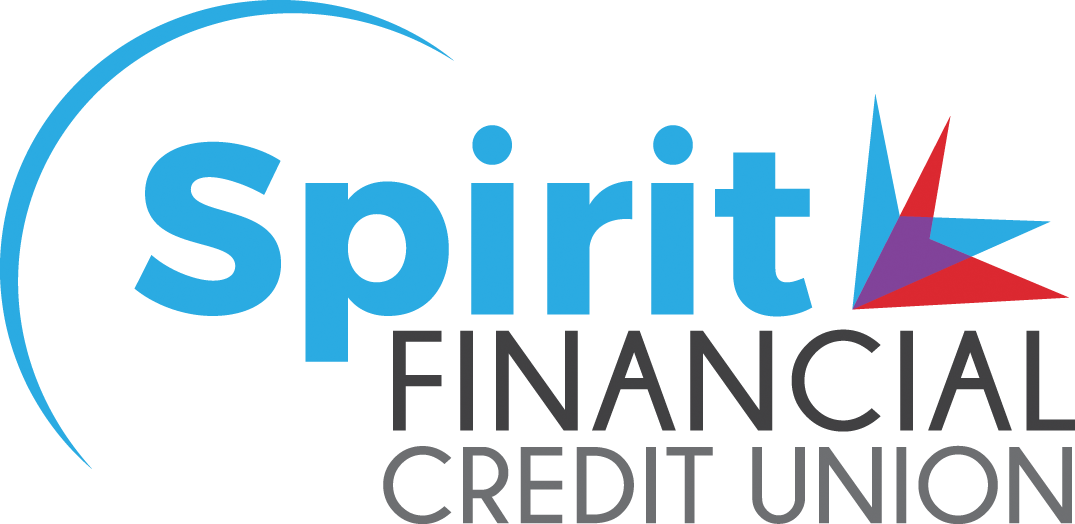Using a Credit Card to Build Credit
A credit card used wisely is a great tool for building credit. You can begin to build your credit history by using your credit card to make small purchases every month then then making your monthly payments on time. It’s always best for your overall financial well-being to pay your credit card balance off in full each month. If that’s not possible, focus on keeping your credit utilization under 30% as suggested below. Even if you use your credit card infrequently, it will still show as a current account and help in building your credit history. A credit card can be a convenient way to shop in a secure, cashless way, and can be a good source of emergency funds as well.
Two important things to remember when using a credit card to build credit
1. Your payment history is the most important factor in building a strong credit history. Paying your credit card bills on time each month is imperative for a good credit score. Late payments or missed payments can have a significant impact on your credit history. Setting up automatic payments from your credit union account can help you insure on time payments every month. An excellent payment history demonstrates to creditors that you are responsible in handling your debt and making your payments. Remember that while making the minimum required payment may keep your account in good standing, it may be costing you big bucks in interest. It’s important to note that your payment history accounts for a whopping 35% of your credit score!
2. Credit utilization is another important factor when focusing on building credit. Utilization is the percentage of credit you are using as compared to your credit limit. For example, if you have a credit card with a $10,000 credit limit and have a balance charged of $2,500, you have 25% credit utilization. For credit score purposes, it’s best to keep your credit utilization under 30%. The lower the percentage the better for your score. Try to pay your entire credit card balance each month to keep your utilization as low as possible. You can even make several smaller payments throughout the month to keep your utilization down if charging higher amounts. Your credit utilization accounts for about 30% of your overall credit score.
If you don’t have a credit card and want to apply for one to begin building your credit, do your homework and choose the right credit card for your needs. As a starter credit card, you will want to search for one with low or no fees, as well as a competitive fixed interest rate. If you are interested in a rewards card, there are many out there, but the fees may be higher based on the rewards. You’ll need to determine if the rewards, possibly cash back or travel rewards, outweigh the potential higher fees. The annual fee alone on some credit cards is astronomical. Do your homework and read the fine print before applying. When searching, include a local credit union, such as Spirit Financial’s no annual fee VISA credit card to compare with others in your search. Compare features such as APR (annual percentage rate), annual fee, balance transfer fee, cash advance fee and any other costs, terms or perks associated with a particular credit card.
Applying for a credit card
Before applying for a credit card, you need to be sure you are financially ready to handle the responsibility of managing your credit and making on time monthly payments. The temptation to spend may be too great for some to handle. While a credit can be an asset when building credit, used improperly, a credit card can do real damage to your credit history. Self-control is always a must when using a credit card. Remember, it’s never too early or too late to focus on building your credit.
If you’re ready to begin establishing your credit history with a credit card, you can easily apply right online for a Spirit Financial VISA card.



